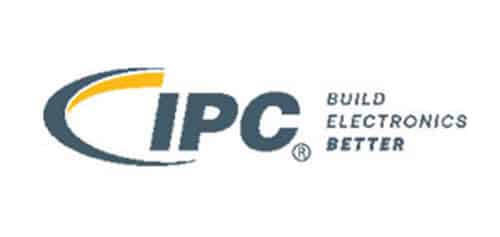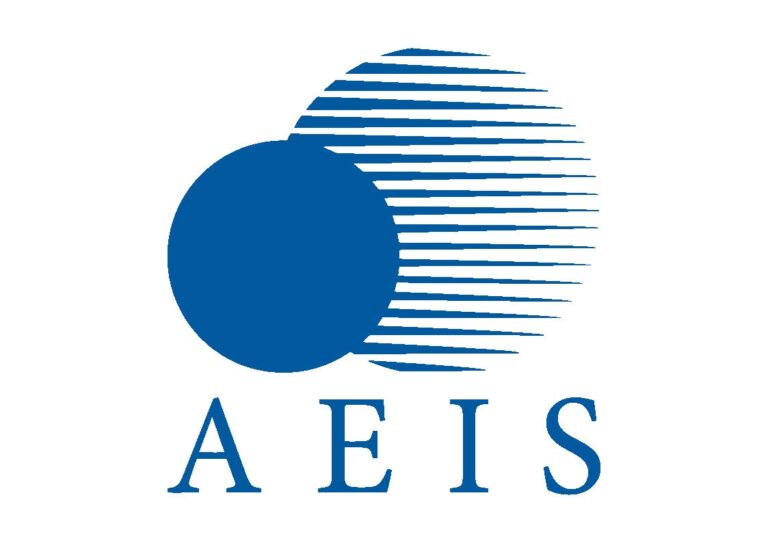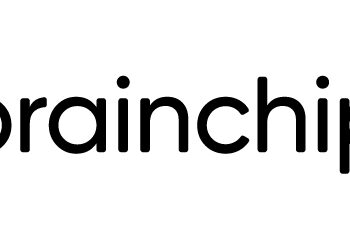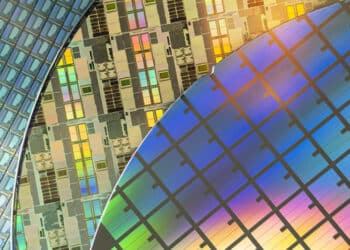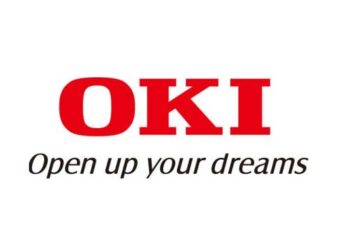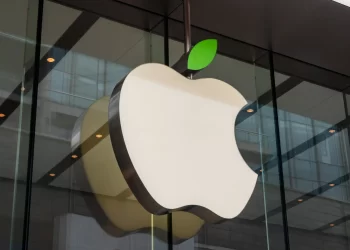VeriSilicon (688521.SH) today announced Blue Ocean Smart System, an AI chiplet and SoC design company, has deployed high-performance AI chips with scalable chiplet architecture powered by multiple processors from VeriSilicon, including the CC8400 General-Purpose Graphics Processor Unit (GPGPU), VIP9400 Neural Network Processor (NPU), and VC8000D Video Processor Unit (VPU). Blue Ocean’s chiplet-based products are aimed at addressing the needs of data center, high-performance computing, and automotive applications.
VeriSilicon’s highly scalable CC8400 GPGPU offers exceptional versatility and performance, and supports half-precision 16-bit floating-point and full-precision 32-bit floating-point, as well as 8-bit, 16-bit, and 32-bit fixed-point data precision. It delivers robust computing capabilities with optimized area and power consumption. With support for transformer models, VeriSilicon’s VIP9400 NPU delivers powerful and efficient AI capabilities for data center and automotive applications. Additionally, VeriSilicon’s high-throughput, multi-format VC8000D VPU can be used for video analytics.
Blue Ocean’s targeted HPC, AI, and computing platforms serve more industries and customers with an expandable set of chiplet ICs that are universally programmable to support products for use from edge to cloud. Leveraging Blue Ocean’s leading architecture and patented BxLink technologies, the company integrates its innovative microarchitecture, hardware, and software development environment to provide fully scalable solutions that greatly enhance the competitiveness of customer products, reduce product development costs, and shorten development cycles for the markets focused on AI training, inferencing, high-precision computing, large-scale image processing, fluid dynamics, climate science, autonomous driving, advanced robotics, and biomedicine. With the chiplet architecture, Blue Ocean’s products can cover a wide range of market segments from low-power AI Edge applications with Bx100 solutions, to high-performance computing (HPC) cloud systems with Bx400 and Bx800 solutions.
John Rowland, President of Blue Ocean, says: “The demand for high-performance computing in data center and automotive applications is increasing rapidly. VeriSilicon’s extensive portfolio of high-performance processors and their expertise in chip implementation makes them an excellent partner for our chiplet products’ deployments. The recent advancements in AI applications, such as ChatGPT, have further fueled the demand for more GPGPU and NPU computing. With the innovative chiplet-based system architecture, we can provide quite a number of unique features and competitive solutions to our customers. The success of shipments of Blue Ocean’s Bx series of chipsets to the market last year has proven this point.”
Wei-Jin Dai, Executive VP and GM of IP Division at VeriSilicon, says: “We are honored to partner with industry leader Blue Ocean to realize the chiplet concept in silicon, catering to the data center and automotive market segments. Blue Ocean stands at the forefront of delivering chiplet silicon solutions, and we are proud to join forces with them. VeriSilicon’s chiplet IP series is developed based on our high-performance processors, including GPGPU, NPU, and VPU technologies that have been deployed across multiple generations of data center products. Our VPU is already being used in 12 of the top 20 cloud platforms worldwide. Development of maturing UCIe and BOW die-to-die interfaces and decreasing chiplet packaging costs will accelerate the use of chiplets for complex functions.”
